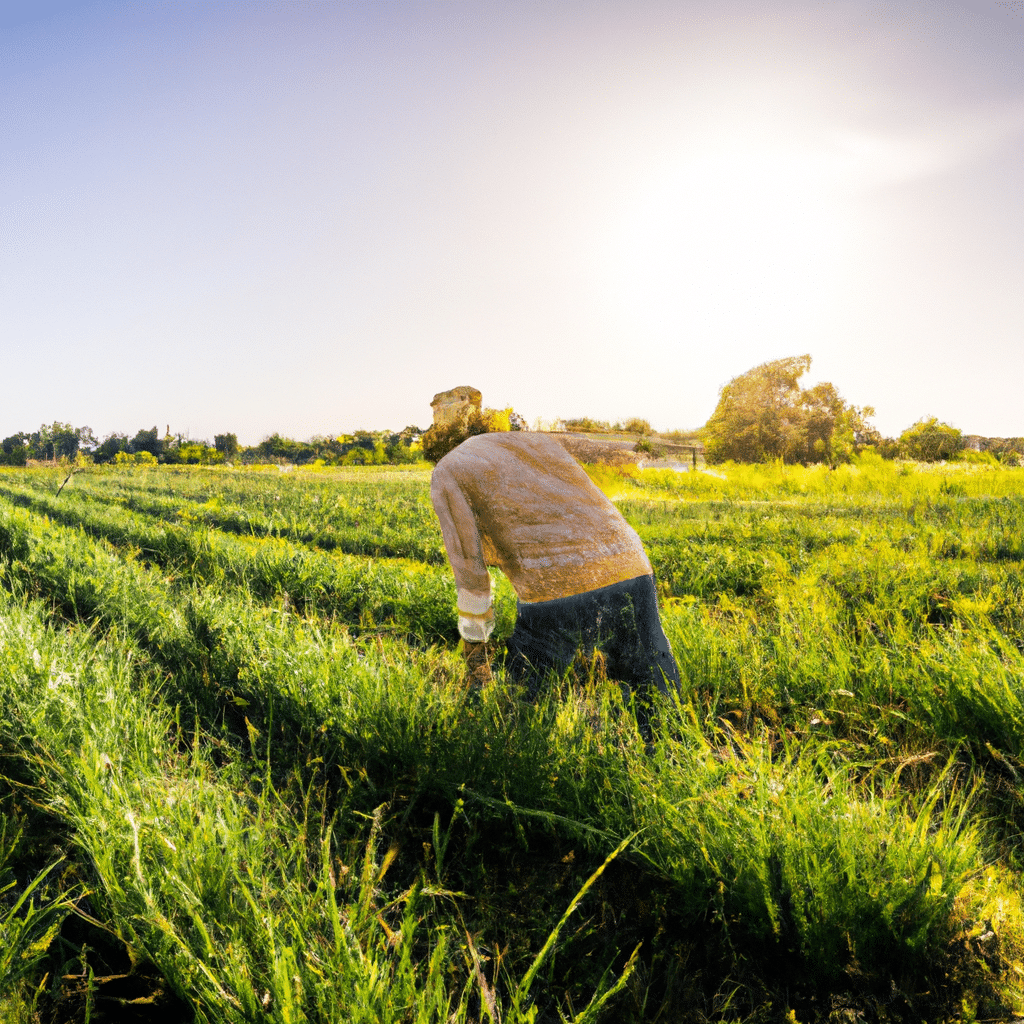In recent years, the demand for sustainable and ethically sourced agricultural products has been on the rise. Consumers are becoming increasingly conscious of the environmental impact of their food choices and are actively seeking out products that promote sustainability. However, ensuring transparency in the complex agricultural supply chain has proven to be a challenge. This is where blockchain technology comes into play. In this article, we will explore how blockchain technology can revolutionize the agricultural industry by providing a secure and transparent platform for tracking and verifying the journey of food products, from farm to fork.

The Need for Transparency in Agriculture
Before delving into the role of blockchain technology, it is important to understand why transparency is crucial in the agricultural sector. The global food supply chain is a complex web of interconnected processes involving farmers, distributors, processors, retailers, and consumers. With multiple intermediaries involved, it becomes difficult to trace the origin and quality of food products. This lack of transparency opens the door for issues such as food fraud, mislabeling, and the use of harmful chemicals in production.
How Blockchain Works
Blockchain technology is a decentralized and distributed ledger system that allows for secure and transparent recording of transactions. It operates on a peer-to-peer network where each transaction is recorded in a block, which is then added to a chain of previous blocks, creating an immutable record of information. This decentralized nature of blockchain eliminates the need for intermediaries and ensures that the information stored on the blockchain is tamper-proof and verifiable.
Tracking the Journey of Food Products
One of the key benefits of blockchain technology in the agricultural industry is its ability to track the journey of food products from farm to fork. By leveraging the power of blockchain, each stage of the supply chain can be recorded and verified, providing consumers with detailed information about the origin, production methods, and transportation of their food. This transparency not only helps consumers make informed choices but also holds businesses accountable for their practices.
Ensuring Food Safety and Quality
Blockchain technology also plays a vital role in ensuring food safety and quality. By recording information such as the use of pesticides, fertilizers, and other inputs at each stage of production, blockchain provides a transparent platform for verifying the safety and quality of food products. This allows consumers to have confidence in the products they purchase, knowing that they have been produced using sustainable and ethical practices.
Preventing Food Fraud and Counterfeiting
Food fraud, including mislabeling and counterfeiting, is a significant issue in the agricultural industry. With the help of blockchain technology, these fraudulent activities can be mitigated. Each transaction recorded on the blockchain includes a unique digital signature, making it virtually impossible to alter or counterfeit the information. This ensures that the food products consumers purchase are genuine and accurately labeled.
Empowering Farmers and Small-Scale Producers
Blockchain technology not only benefits consumers but also empowers farmers and small-scale producers. By providing a transparent and traceable platform, blockchain enables these stakeholders to showcase their sustainable farming practices and connect directly with consumers who prioritize supporting ethical and local producers. This direct connection eliminates the need for intermediaries, allowing farmers to receive fair compensation for their hard work.
Conclusion
In conclusion, blockchain technology has the potential to revolutionize the agricultural industry by ensuring transparency and accountability in the supply chain. By leveraging the power of blockchain, consumers can have access to detailed information about the journey of their food products, enabling them to make informed choices that align with their values. Additionally, blockchain technology helps prevent food fraud, ensures food safety and quality, and empowers farmers and small-scale producers. As the demand for sustainable agriculture continues to grow, embracing blockchain technology is a crucial step towards a more transparent and sustainable future in the food industry.



